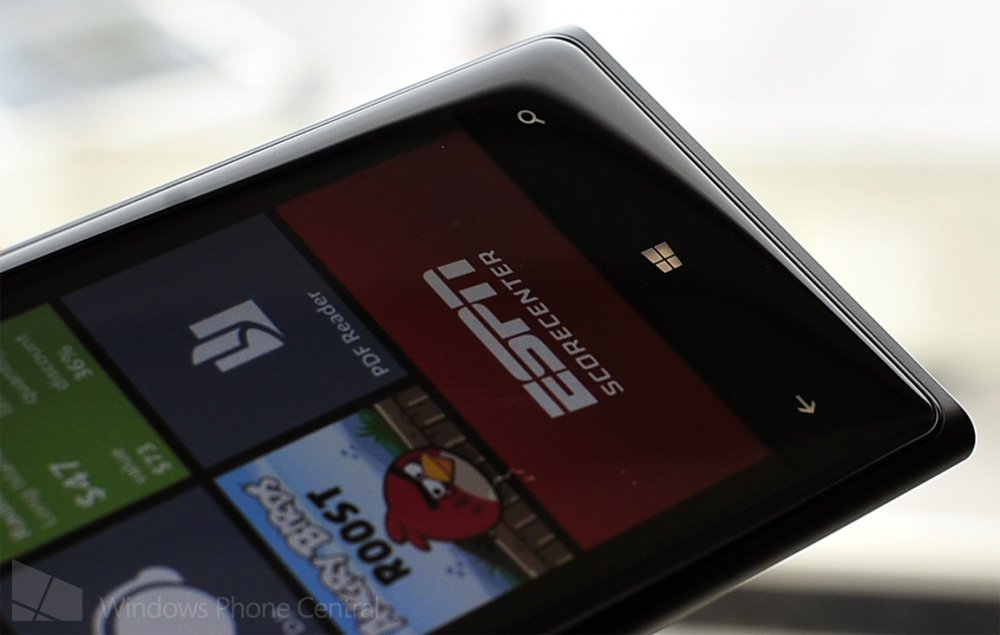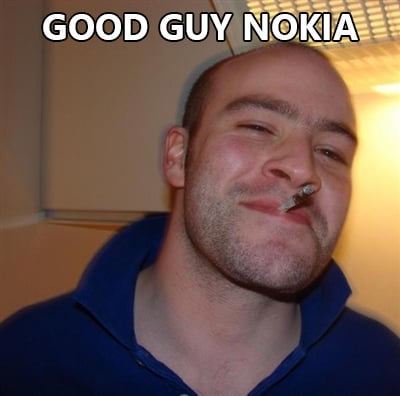Nokia doing more than others to keep smartphone manufacturing ethical

George Monbiot of The Guardian has crafted an interesting piece on smartphones (and general electronics) that are constructed in the blood of people from the eastern Democratic Republic of the Congo. Gold, tantalum, tin and tungsten have been fought over by rival armies and militias for years. The war has killed millions through displacement, disease and malnutrition.
But which of the smartphone companies today are making sure their hardware is built using minerals that are gathered through legit and conflict-free? It's believed that Nokia has done more than most manufacturers with its Windows Phone and Asha line of products, but there's still room for improvement across the board, according to Monboit's report.
Global Witness and FairPhone both point out that mining in eastern Congo supports many families in a country where it's reported that 82% are considered underemployed. The two organisations emphasise that trade can be dissociated from violence if companies ensure they're not purchasing minerals which have passed through the hands of militias. Monboit goes into some detail covering retailers and manufacturers, contacting and / or checking out each company for information on how they're looking at preventing such from happening.
Here's a snippet that looks at Vodafone:
"I began with the retailers, and the results were disappointing. Vodafone, for example, claims to have developed a social and ecological rating system, enabling its customers 'to make informed decisions about the mobile phone they choose to buy'. Its website says this system 'was launched in the Netherlands in 2011 and will be introduced to other European markets in 2012'. But all you get when you click on the link is 'page not found'. In Dutch."

Nokia went the furthest out of all manufacturers included in the report. Since 2001, the company has attempted to remove illegally mined tantalum from its supply chain. Suppliers are instructed to map routes metals take before reaching the company. But the issue is far from solved:
"[Nokia] tells me that 'there has been no credible system in the electronics industry that allows a company to determine the source of their material'. There are now six initiatives by governments, voluntary groups and companies to try to get the blood out of mobile phones, and Nokia is involved in all of them."
Two months ago a new provision of the US Dodd Frank Act, which obliges companies to discover whether the minerals they buy from Congo are funding armed groups, came into force. It remains to gets worse as many companies are hiding behind trade associations. Three corporate lobby groups - the National Association of Manufacturers, the US Chamber of Commerce and the Business Roundtable - are now suing the US government to have the new law put aside.
"Global Witness has called on some of their members – including Caterpillar, Dell, Honeywell, Motorola, Siemens, Toyota, Whirlpool and Xerox – to publicly distance themselves from the lawsuit, without success."
Monboit wraps up with the conclusion that there's much more to investigate and perhaps this could be crowd sourced. He puts forward the idea of consumers contacting phone manufacturers to discover whether they belong to said lobby groups and ask if they will publicly denounce the lawsuit, suspending membership until it's dropped. It would definitely send out a strong signal where the companies stand.
Get the Windows Central Newsletter
All the latest news, reviews, and guides for Windows and Xbox diehards.
It's an interesting read and definitely worth checking out.
Source: The Guardian; Thanks, MAkhdar, for the tip!

Rich Edmonds was formerly a Senior Editor of PC hardware at Windows Central, covering everything related to PC components and NAS. He's been involved in technology for more than a decade and knows a thing or two about the magic inside a PC chassis. You can follow him on Twitter at @RichEdmonds.
